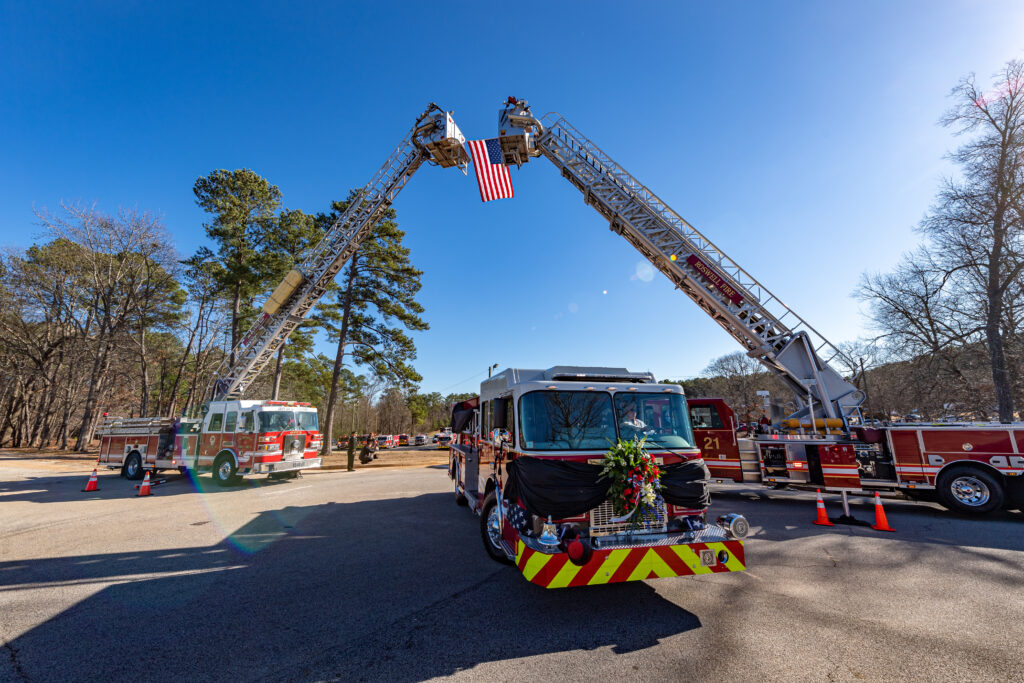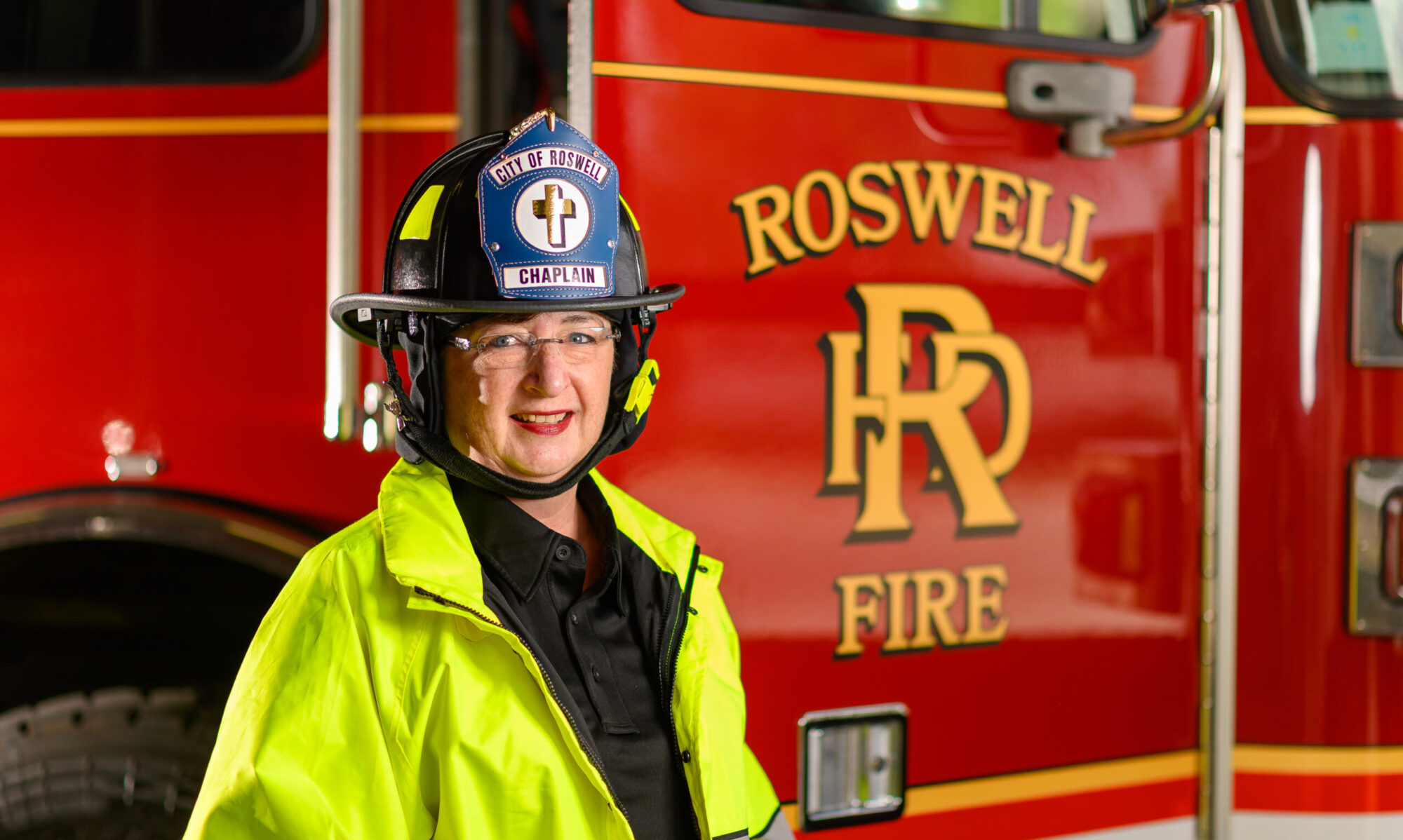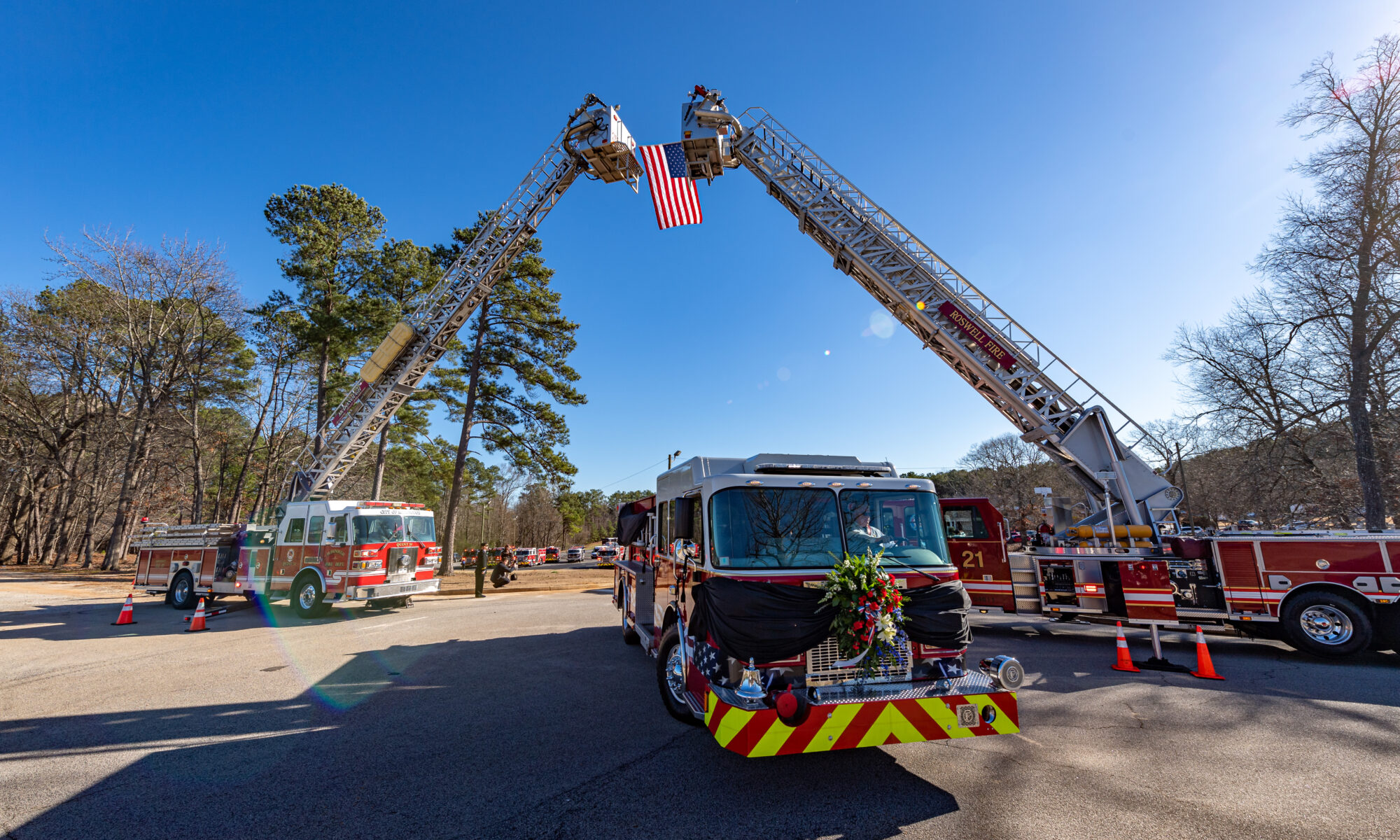
Photo by Stanley Leary
We recently experienced a line of duty death in our fire department. An experience unlike any I have lived through as a chaplain.
The fire department is a very close knit community often referred to as family. Not only do firefighters work together but every three days they live with their co-workers in the fire house for 24 hours. Firefighters work together, but they share meals, sleep under the same roof and share many of the same experiences.
When a member of the fire family dies the ripple effects are numerous. The spouses and partners of the firefighters may not know the deceased, but they may feel that they do through the stories they’ve heard. Older children and relatives of a firefighter may also feel the grief and uneasiness too. They fear on some level this could some day be their reality. It is a dynamic may people go through during a loss in their community circles.
In a time of grief and mourning it is important not to brush off uneasy feelings. Talk about your fallen friend. Spend time with your family and friends. Let them know how much they mean to you when you are together. Reach out to family and friends who may not be in your area. This will look different for each person. Some are great with words, others are great with acts of kindness, and still others “do” for others in small ways or participate in activities like playing a sport, hiking, fishing, hunting or other past time.
In our public safety department we have a joint peer support program. Members of public safety , police, fire and 911 communications can reach out to trained peer support team members to express their concerns and talk them through. Most public safety departments have an Employee Assistance Program (EAP) with trained counselors.
It is important to feel emotions when you have them instead of pushing them aside. If we suppress our feelings and emotions they can rear their head at times we least expect it.
I learned this through my own early grieving process over my high school friend. We were 20 years old when she was in an in air plane collision in her college town. I was with her parents when they received the news. I returned to my summer job at my college in another state after the funeral. No one there knew what I had been through and at first I didn’t talk about it. One night while watching a TV show with friends a character on the show died. It resonated with me and I cried for over an hour. Crying is completely normal after losing a friend, but my college friend thought my reaction was a bit extreme for TV character, which it was. After that night I began to tell my college friends what happened. I still grieved the loss of my friend, but sharing my pain with trusted friends helped to move through that awful time.
If you find you are struggling after a loss there are several places to turn. Your friends and family, a clergy person, a chaplain, a counselor, are all resources available to you.
For some it may be too big a step to contact and meet with a therapist. There are online support networks as well. Websites like Robert Neimeyer’s After Talk and the resources listed on the National Fallen Firefighters Foundation are great places to start.

